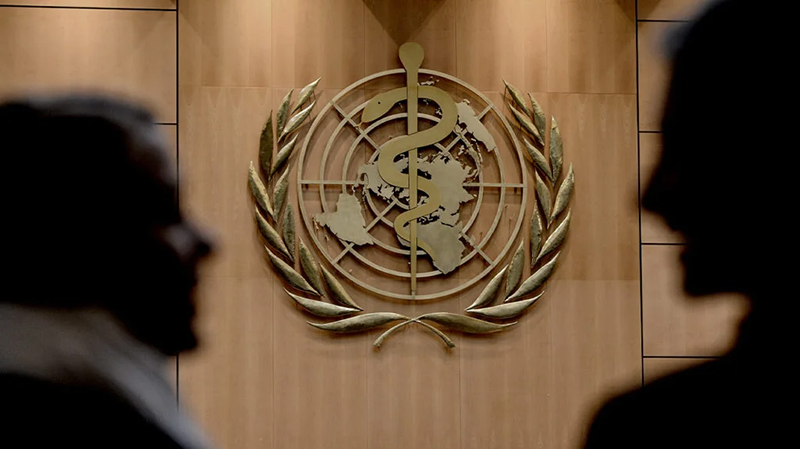The World Health Organization (WHO) is drawing sharp criticism for convening a task force charged with crafting guidelines on trans and gender-diverse health, featuring members whose views are causing a global stir.
Unprecedented Guidance Amidst Global Concern
In a move that’s rattling the pillars of health policy, the WHO has brought together a group to shape the future of trans health care. This panel includes a French-Canadian law professor, Florence Ashley, who is igniting debate with radical stances on gender and identity.
A Questionable Coalition
Ashley, self-identified as a “transfeminine activist, academic, and slut,” joins lobbyists notorious for advocating the removal of age limits on sex changes, drawing skepticism about the task force’s legitimacy. Ashley’s academic work posits, “Unbounded social transition and ready access to puberty blockers ought to be treated as the default option,” a perspective that has inflamed critics who see it as an extreme approach to youth gender dysphoria.

Activism Meets Academia
With Ashley’s appointment, the WHO has signaled a clear direction, sparking concerns from various quarters including Reem Alsalem, the U.N. special rapporteur on violence against women and girls. Alsalem condemns the task force’s “one-sided,” pro-medicalization bias, and a lack of diverse opinions that could challenge the activist-driven narrative.
The Clash of Ideologies
The task force’s composition, including figures from the World Professional Association for Transgender Health, suggests an alignment with groups pushing for controversial changes in trans health policies. Critics argue this could lead to a disregard for cautious medical practices, particularly for youth, and the protection of female-only spaces.
A Call for Rethinking the Approach
With the Clinical Advisory Network on Sex and Gender questioning the WHO’s stance on medical and surgical interventions for gender-affirming care, the controversy reaches a boiling point. “There are no robust randomized-controlled trials supporting gender-affirming medical and surgical interventions,” the group warns, suggesting that the WHO’s guidelines may be at odds with a cautious and evidence-based approach.



